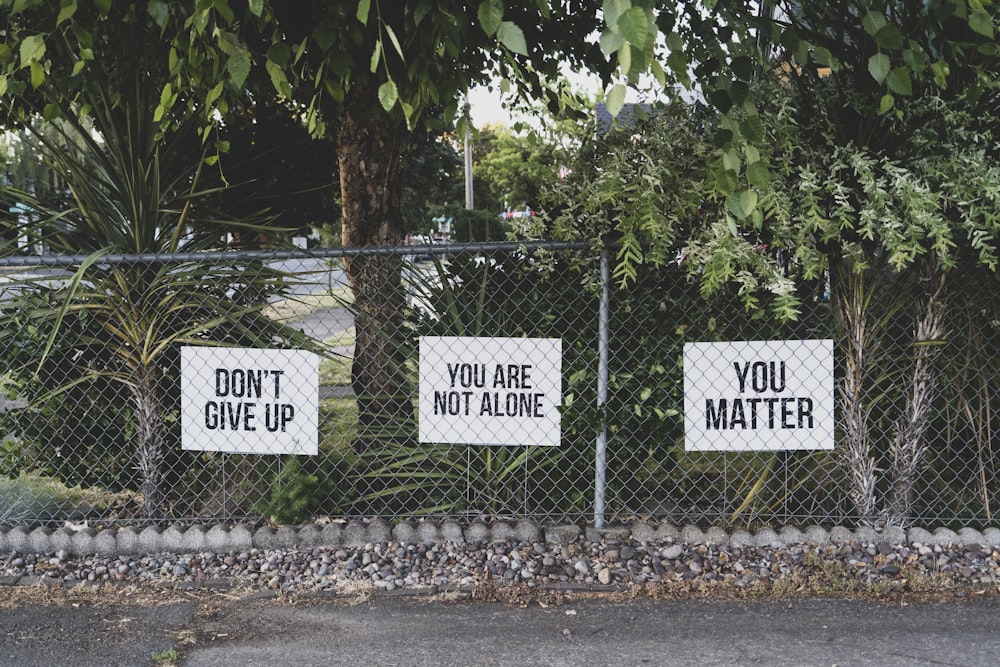A professor writes about the "Werther-effect" in the Catholic Times— Let us Become One column— Werther Effect refers to the identified rise in suicide rates following well-publicized reports of deaths by suicide of celebrities or other well-known figures in the media.
It happened shortly after the death of well known comedian. The professor had a chance to talk to a celebrity by chance. After a long conversation, he asked him whether there were special reasons for suicide that only celebrities have, and whether there are special difficulties that are unique to ordinary people and celebrities.
He looked a bit puzzled at my question and said: "Celebrities are just like ordinary people. It's not that they are committing suicide because they are a celebrity, they are dealing with difficulties like other people." His question was not very well expressed and was embarrassed for the way it came out.
After that, he came to think that celebrities, like all of us, can only be healthy if they have support and daily life around them. To do that, he thought that, first of all, celebrities should be able to balance their activities with their normal lives, and even small meetings with family and friends in their daily lives, time to learn and relax, and prepare for the unexpected non-celebrity period along with celebrity activities.
These are also the contents that entertainment agencies should provide more support for by signing reasonable contracts with their celebrities. The public also needs to understand entertainers as professional artists and show restrained interest rather than calling them public figures and demanding excessive responsibility.
Celebrities themselves need to have the idea that a 'celebrity's life' or 'celebrity role performance' is not everything in their lives. If one's life is completely consumed by being a 'celebrity', later, when a 'celebrity life' that seems like one's everything is not possible, if a realistic life or alternative life to support it is not prepared, severe identity confusion and crisis may occur. Celebrity is a highly variable job, so you should be prepared to switch and move freely at any time.Regarding celebrity suicide, we talk a lot about the Werther effect. Strictly speaking, there is no clear causal relationship between celebrity suicides and imitated suicides.
Media coverage (including Internet sites and social media) of celebrity suicide rather than celebrity suicide itself affects the public more and plays a role in activating their potential suicide ability.
The media repeatedly reports the death of a celebrity and the shocks around them, and they seem to promote the Werther effect or even try to confirm the Werther effect, saying, “Since Mr. OOO’s death, suicide has already continued.”
In fact, people at risk of suicide tend to sympathize more than the general public when they hear reports of celebrity suicide, but they are reluctant to be recognized as someone who commits suicide under influence or who commits suicide after someone else. Rather, the media reports can be a very serious problem in that they have a kind of suggestive effect that causes suicidal thoughts in people who have not usually had specific suicidal thoughts.
The media must not use the death of a celebrity in an unfortunate way for its own commercial gain. The original role of the media is to refrain from detailed and stimulating suicide reports and to provide information or professional help providers that help people at risk of suicide get out of their own thoughts and look at the situation from a different perspective.
